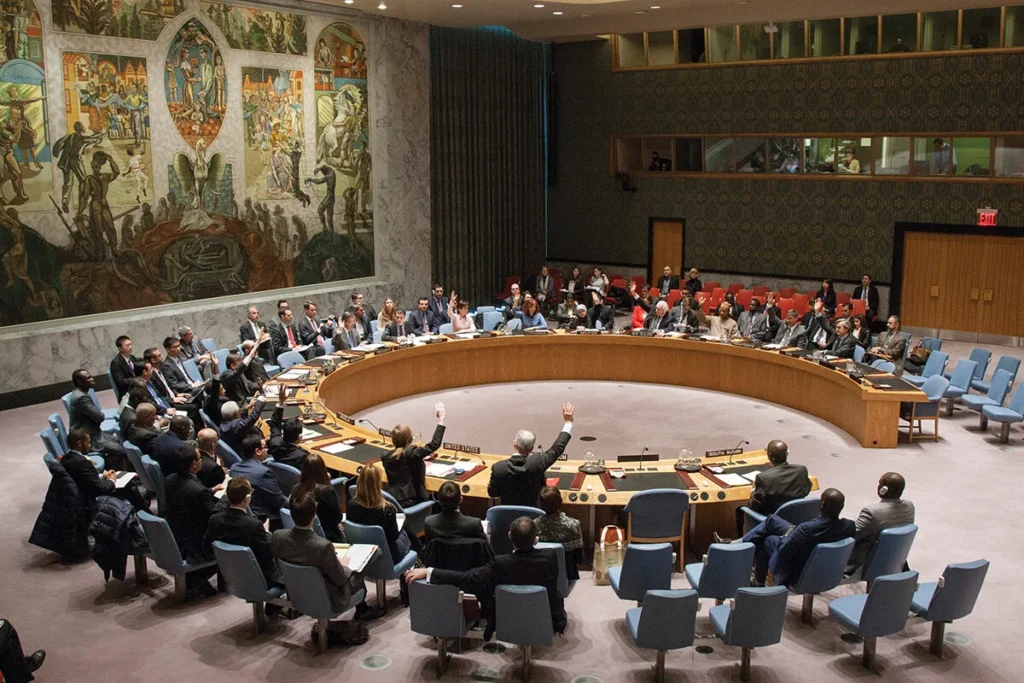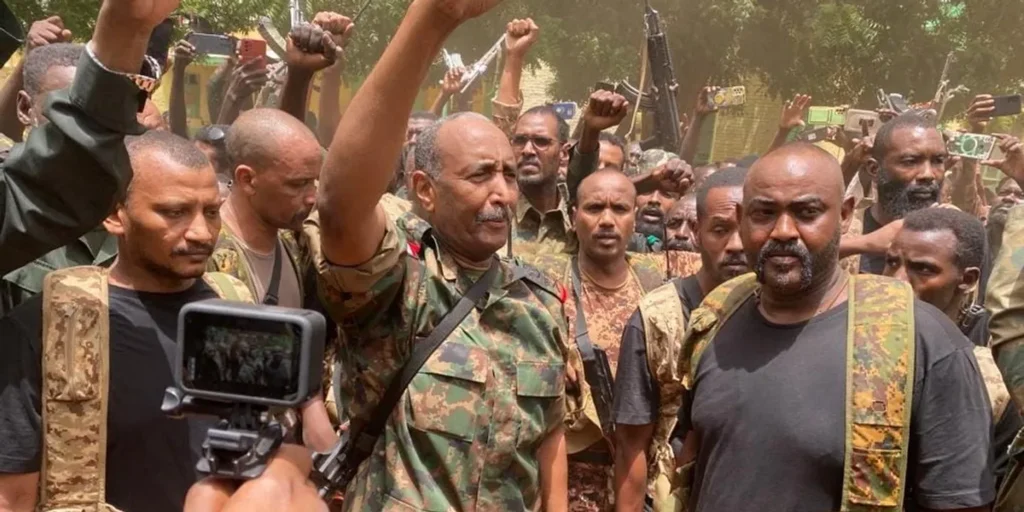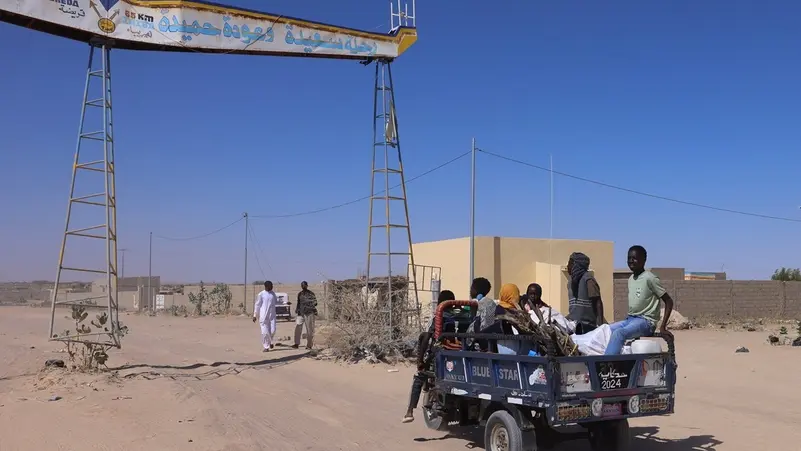
Sudan finds itself embroiled in a dire situation as it embarks on its second consecutive Ramadan amidst the turmoil of a devastating war, casting a shadow of famine over much of the nation.
“Ramadan? It’s been our reality for months now,” remarked Othman Idriss, a resident of Khartoum, alluding to the ongoing conflict that has imposed severe hardships on the populace, leaving many struggling to secure even a single meal a day.
Before conflict erupted in mid-April, Idriss operated a modest food store. However, the outbreak of violence between rival military factions rendered his business inaccessible, trapping him and countless others in a cycle of deprivation and uncertainty.
The protracted conflict, pitting General Abdel Fattah al-Burhan’s regular army against the Rapid Support Forces (RSF) led by his former deputy Mohamed Hamdan Dagalo, has exacted a heavy toll.
Casualties have soared, displacing millions and laying waste to vital infrastructure across the country.
In regions under RSF control, such as North Kordofan state, economic activities are stifled by exorbitant taxes imposed on goods transported through the area, further exacerbating shortages and driving up prices.
The economic fallout extends beyond commerce, impacting ordinary Sudanese like Imad Mohammed, a teacher in Wad Madani, who, along with many public sector employees, has gone months without pay amid the conflict’s upheaval.
Telecommunications disruptions have severed vital lifelines, such as cash transfers from relatives abroad, intensifying the financial strain on families already grappling with a plunging currency and runaway inflation.
Against this grim backdrop, the United Nations warns that nearly half of Sudan’s population faces acute food insecurity, with millions teetering on the brink of famine—a crisis of staggering proportions.
In the midst of such deprivation, vulnerable groups, particularly children, bear the brunt of malnutrition-related illnesses, with alarming mortality rates reported in displaced persons’ camps like Zamzam and Kalma.
The withdrawal of humanitarian organizations, coupled with dwindling international aid, has left many feeling abandoned, exacerbating the sense of desperation and isolation.
Despite the grim reality, experts caution against complacency, underscoring the urgent need for sustained assistance to avert a full-blown famine.
As Sudanese families brace for Ramadan amidst the specter of hunger and deprivation, the traditional festivities of the holy month are overshadowed by the grim realities of war and scarcity, casting a somber pall over the nation’s collective spirit.




